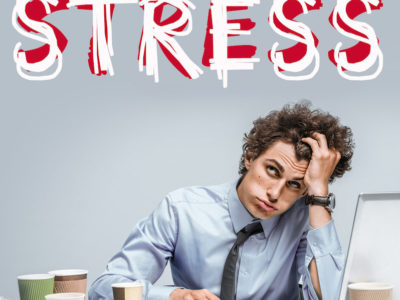I remember never understanding why my moods fluctuated so much. It started when I was about five. I remember crying about nothing and then laughing at myself crying. As I grew older it just became harder to explain because I didn’t understand it myself. Why were there moments where I wanted to jump with excitement, only to just to run to the bathroom and wipe my tears before others could see them?
I started noticing how strong each wave felt.
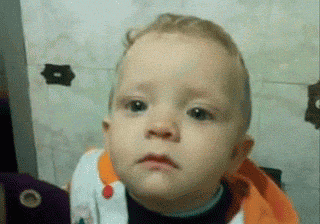
When I got sad, I didn’t just feel sad, I found myself engulfed in misery. When I felt angry, I wanted to punch and throw things. But when I felt happy, the feeling never lasted long—and that would just make me angrier. I could feel this dark cloud pulling me back into this stagnant space in my mind where emotions just didn’t exist.
As I grew older, I understood why people judged me as aggressive. It took a lot to get me not to talk or fight back. But I also came to understand the method to my madness—or so I thought. When I turned five, my parents took me to my first behavioral therapist. I referred to it as the place with the old lady and the cool fake kitchen set. She’d ask me questions about why I get angry, but I’d just sit there staring at the lamp. Like, “Why’s this lady so nosy?”
I knew she would tell my mom everything anyway, and I never felt like speaking about it ever helped. It just made me angrier.

I refused help for as long as I could up until high school when my parents saw me as just an emotional teenager. My siblings would describe me as a female dog, for lack of a better word. Don’t get me wrong—if I needed help, I could ask at any point. Asking for that help proved harder than you might think.
Putting what I felt into words seemed nearly impossible. I just felt lost. At that point, I had been getting into journaling and trying to figure things out of my own like the stubborn Leo I am. But while doing that, I didn’t attack the problem at hand.
I hid behind the many labels we can just give ourselves in high school like president and captain of the cheer team, which allowed me to be that sassy senior.
But the real truth? While everyone thought I embodied all that and a bag of chips, I felt more like an empty bag and some food scraps.
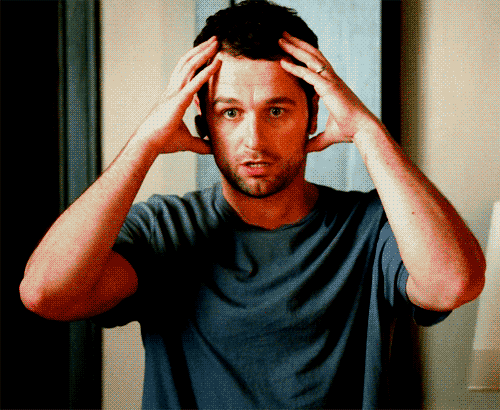
There were days I came home feeling like I carried a 400-pound sack over myself the entire day. I had so many headaches and mini breakdowns by senior year all of my teachers let me go to the bathroom without asking. At that point, I knew that my emotions were moving faster than me, and I couldn’t control them.
After graduating, I entered this weird stage where I would do anything so I wouldn’t feeling all these things at once, alone. I packed my summer with vacations, parties, sleepovers—anything to be out of the house and distracted. Afterall, there were only a few months left before leaving for college, where I wouldn’t see my friends for months.
This same thinking me landed me into the most insane period in my life yet: college.
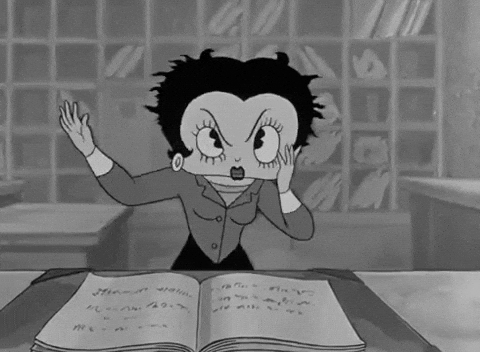
I remember moving in freshman year, walking through the hallway like I just moved into a fancy penthouse in NYC. In reality, my triple dorm came in the size of double with roommates who slept with the lights on. That probably rose the first flag of this emotionally transformative year. As the months went by, I realized the problem just got bigger—way bigger than I thought. There were nights I fell so low that I’d run home because I felt trapped within myself.
I am beyond grateful that my dad sacrificed a lot to give me the opportunity to dorm my freshman year. But I also knew the commuter life lied ahead for me in the years to follow. That translated to me as a few more years of fluctuating emotions, sleepless nights and denying help out of fear.
I tried getting back into therapy around my sophomore year.

I tried different psychiatrists, but I just couldn’t connect with any of them. I spent the entire summer of 2018 pretending like that one hour a week actually did something to stop the emotional rollercoaster that lived in my mind. My junior year I switched to this other lady. She had a fancy office in Midtown with cool adult coloring books in the waiting room. I thought I finally found my match, because there’s nothing I love more than being aesthetically pleased.
For while I actually thought I made some improvement.
I felt like I gained some sort of control when in reality, I started pushing everyone I loved away the moment they realized I needed help. I did that until no one, besides my parents, begged me to let them in. I stayed with this psychiatrist up until the pandemic, where I just found it ridiculous to pay to go on a Zoom call to talk about my feelings. I could just FaceTime a friend for that. At least that’s what I told myself, knowing the actual truth, and knowing my therapist landed herself as the last person in my corner that I hadn’t gotten rid of. But I did what I knew best.
By then I had gotten into my spiritual phase and thought some crystals, a tick and fresh journal would cure my mental illness. Because I knew that’s what I had. I just couldn’t face it.
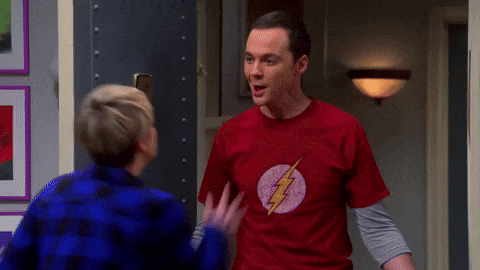
By the first month of senior year, my emotions were so heavy that the pandemic wound up at the bottom of my list of triggers. It became so obvious I hit my breaking point that my mom randomly texted me a list of psychologists to get me evaluated. I felt so mentally and physically exhausted that I didn’t fight it.
In October of 2020, Dr. Fionna Graham diagnosed me with bipolar disorder. After all the times people joked about it—I even joked about it—I felt so destroyed and embarrassed. The Leo in me took it an extra mile and pretended like I just got news I had three more weeks to live. It came as tough news to swallow after your entire last year of undergrad got moved completely online, and you were locked down for the last half of your junior year. But nonetheless, I persisted.
Eventually I came full circle and realized that I actually, for once, could take control. My mood finally began to stabilize, and my days weren’t so grey anymore. I learned better ways to cope and managed to finish with a 4.0 GPA. I became my own inspiration and that meant a lot being that I stood in my own way for so long. Gaining sense of understanding really changed the game, but staying in control remains the biggest step for me.
Now only a few months away from graduation, I’m thankful for all the struggles: for all the times I tried to pick myself back up, the times I failed and the times I succeeded.
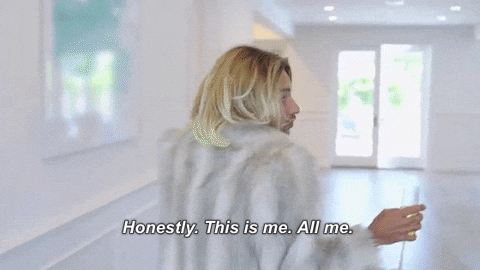
I never told anyone about this, and just throwing it out on a platform like College Magazine may seem a little crazy, but it might just be the biggest step for me this year. I hope it inspires those who struggle with that inner voice. Remember that too, belongs to you, and you can control it.












